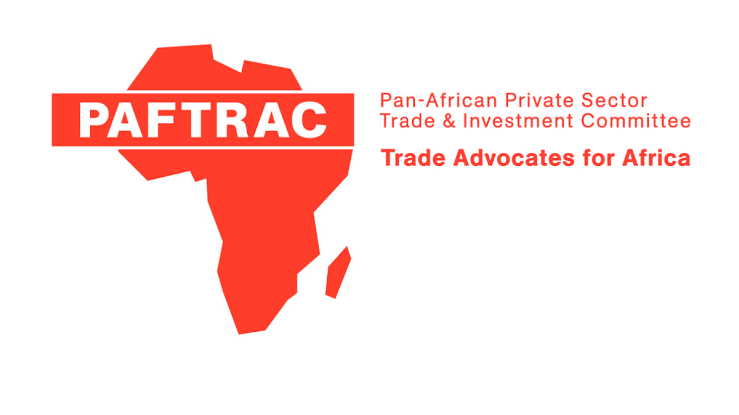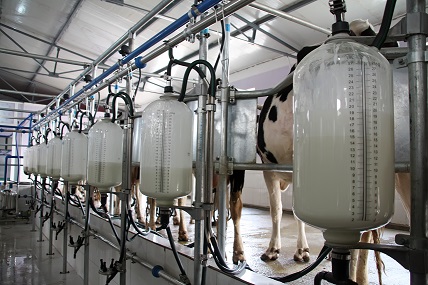President Muhammadu Buhari has said the African Continental Free Trade Agreement (AfCFTA) reforms will increase Nigeria’s non-oil exports to other African countries by more than 15 per cent.
Buhari said this yesterday at the ninth African Shippers’ Day with the theme: “African Continental Free Trade Agreement: A Veritable Platform for African Shippers to Mainstream Into Global Trade” held in Lagos.
Buhari listed the export goods to include, textile, wearing apparel, leather, wood and papers, metals, electronics, vehicles and transport equipment and machinery for the industrial sectors.
Others are fishery, meat, poultry, milk and dairy products, rice, other cereals, plant-based fibers and other crops, fruit, vegetables, nuts, vegetable oils and other food products, beverages and tobacco as well as livestock for agriculture and food sectors.
Represented by the Minister of State for Transportation, Ademola Adegoroye, Buhari said Nigeria’s exports would increase tremendously to other African sub-regions, outside West Africa, with most impressive expansions to countries such as Botswana, Cameroon, Egypt, Ethiopia, Kenya, Malawi, Morocco, Mozambique, Namibia, Rwanda, Tanzania, Uganda and Zimbabwe.
He said also owing to Nigeria’s sheer economic size, the country is among African nations expected to experience the largest, absolute expansion in intra-African exports and also the ECOWAS member expected to receive the largest boost to intra-African exports.
“In Nigeria, we have realised that AfCFTA would be a game changer when it comes to stimulating intra-African trade because the more ambitious the trade liberalisation, the greater the expansion of Nigerian exports to its African partners,” he said.
Buhari noted that although African exports have had their quickest increase in the past decade, the volumes remain modest at just 3% of world commerce, claiming that the global economy is a source of prosperity that African economies cannot afford to ignore.
He said that according to estimates from the Economic Commission for Africa (ECA) of the United Nations, the AfCFTA could increase intra-African trade by 52%, with the industrial sector expected to benefit the most.
According to Buhari, the GDP would rise by $44 billion, exports would rise by $56 billion, and the AFCFTA may potentially create more jobs and bring more informal traders into the formal economy.
He said following this, African countries must therefore expand and diversify their participation in international trade and global value chains to create wealth, generate employment and reduce poverty on a large scale as well as transform their economies.
He claimed that the Covid-19 outbreak and the ensuing global lockdown demonstrated the need for a strong and effective AfCFTA by highlighting Africa’s reliance on the export of raw materials to other regions of the world and the purchase of manufactured goods from them.
“Deepening regional integration to scale up supply capacity and build regional value chains is essential to the continent’s economic transformation.
“The establishment of the AfCFTA presents major opportunities of production and exports, creates employment, and limits the impact of commodity price volatility on the economies of various African countries.
“AfCFTA is expected to bring about a number of benefits to producers, consumers and countries alike. The hope is that African producers would benefit from cheaper inputs and intermediate goods as well as larger markets for their products while consumers have access to cheaper goods and a broader variety of products,” he said.
Buhari asserted that African economies should benefit from trade and further gain from the elimination of the onerous constraints associated with numerous and converging trade agreements on the continent.
According to him, for the AfCFTA to have a beneficial impact on long-term productive capacities, African countries must provide the necessary enabling laws, erect the necessary infrastructure, and guarantee a skilled labor force.









